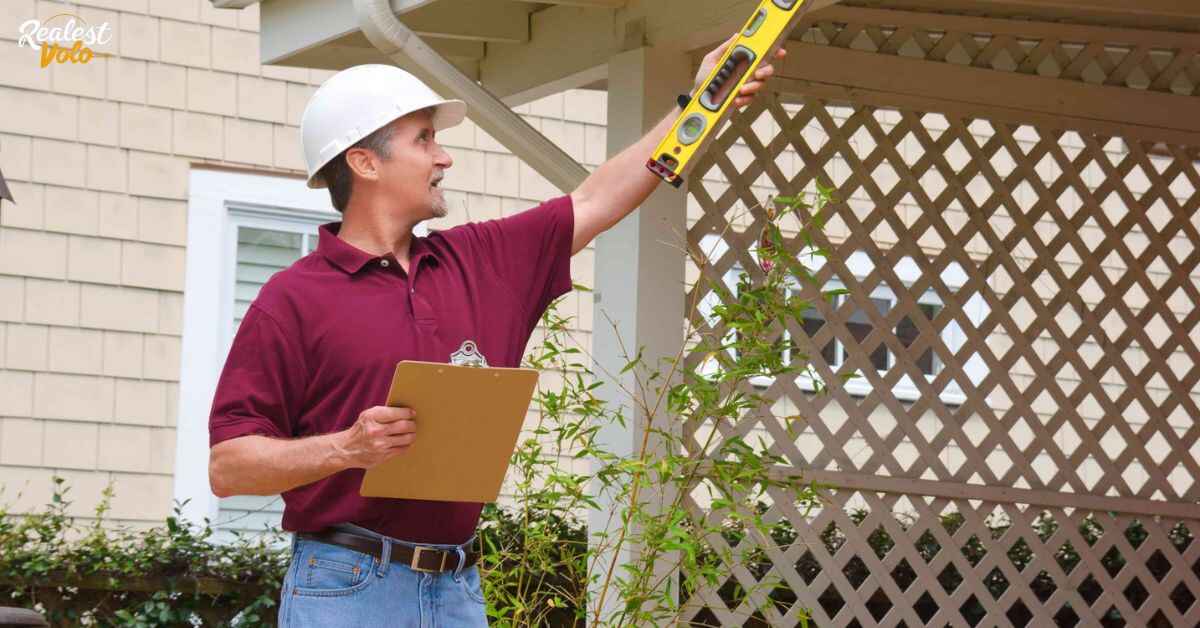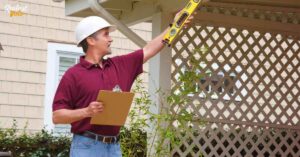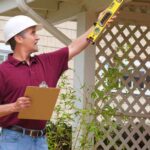Navigating the complexities of buying or selling a home often includes a critical step: All those items relate to the home inspection. A common question arises: how many hours is required to do a home inspection? The routine inspection takes approximately two to two and a half hours, though it depends with the size and state of the house.
Condos may possibly take roughly half the time it would take for an apartment. This step is important since it assists in discovering probable problems when making decisions to the benefit of both, the buyer and the seller. Knowing this timeline can help eliminate stress and make the process of obtaining your new home much smoother.
This is a critical process that should be carried out before anyone wishes to purchase a house or sell it. In the course of this procedure, an independent home inspector goes through the property and inspects it for any imperfection that may render the property hazardous or uninhabitable or one that lowers its market value. They consider fundamental areas such as the main structure, top, water supply systems, and switching systems.
What is Home Inspection?
The inspection is very thorough but it needs to be realised that personnel conducting the inspection cannot access areas not visible; they will not peel off wallpapers or shift big objects. This we assist the buyers in making a good decision and also negotiate on the repairs if any.
Based on the explanations above, the length of a home inspection largely depends on the size of the house and how comprehensive the inspection is.The length of a home inspection is generally estimated to be between 2 to 2.5 hours; nevertheless, this may not always be the case. Depending on the number of facilities in a given property, the inspection might last shorter time than in another property which might have more features such as condos.
However, the time also varies and it is determined by the state of the house and the efficiency of the inspector. Inspection can be followed by a report indicating the findings within the range of 24 to 48 hours. This is useful for the elaboration of the next steps of the buyers and the sellers in an efficient manner.
How to Pick a Home Inspector

Choosing the right home inspector is vital for a thorough and reliable inspection. Start by asking your real estate agent for recommendations, but also do your own research. Look for inspectors with strong reviews and a good reputation. It’s crucial to find someone who is experienced, certified, and trustworthy.
What to Look for With a Home Inspector
- Experience: More years in the field usually means a more skilled inspector.
- Certifications: Check for state-specific licensing and certifications from reputable organizations.
- Insurance: Ensure they have proper insurance coverage.
- Tools and Reports: Ask what tools they use and what will be included in the report.
How Much Does a Home Inspection Cost?
A home inspection typically costs between $200 and $500, depending on the home’s size, location, and the depth of the inspection. It’s a good idea to get several quotes from different inspectors to find the best price and service. Investing in a thorough inspection can save you money in the long run by identifying potential issues before they become costly problems.
Also Read: Investment FintechZoom: Transforming the Landscape of Financial Services
What to Do Before a Home Inspection
Before a home inspection, ensure major components like HVAC, electrical, and plumbing systems are accessible. Organize any maintenance records for these components. Clear any clutter that might obstruct the inspector’s access, and secure any pets to prevent distractions. Make sure all utilities are on so the inspector can check appliances and systems properly. Preparing in advance helps the inspection go smoothly and efficiently.
Major Factors that Determine the Home Inspection Time
Several key factors can influence how long a home inspection takes. From the size and age of the house to the inspector’s experience and even the weather, each element plays a role. Understanding these factors can help you anticipate the inspection process and ensure a thorough evaluation.
The Size of the House
The size of the house is a primary factor. Larger homes take more time to inspect due to the additional rooms and systems that need evaluation. Smaller properties like condos can be inspected more quickly, often in half the time of a full-sized house.
When the House was Built
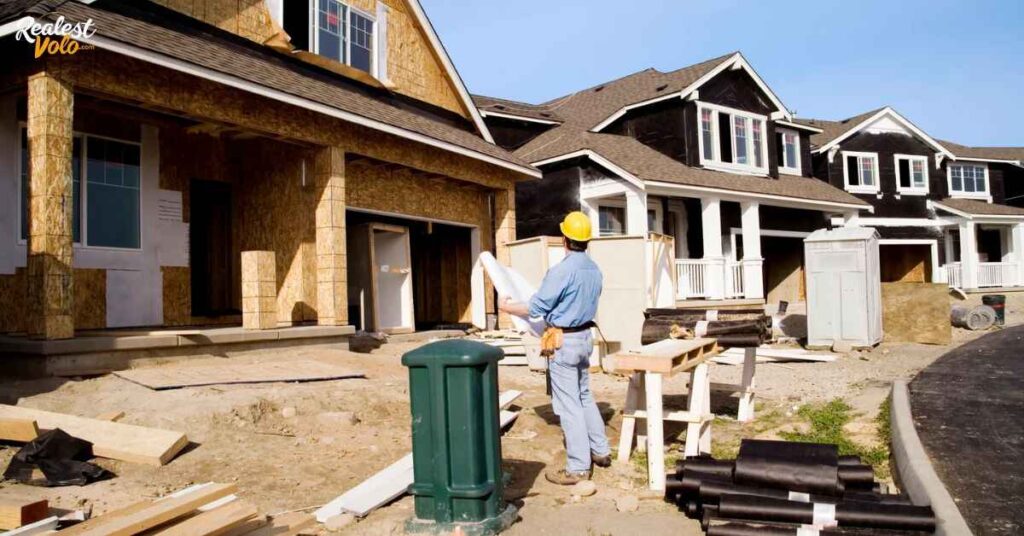
Older homes may require a more detailed inspection. Older construction often has outdated systems and potential hidden issues that need careful evaluation. This can extend the inspection time compared to newer homes with modern construction standards.
The Home Inspector’s Past Experience
An experienced home inspector can conduct inspections more efficiently. Their familiarity with common issues and effective inspection techniques allows them to work quickly without sacrificing thoroughness. Conversely, a less experienced inspector might take longer to complete the inspection.
Type of Foundation
The type of foundation can impact the inspection duration. Homes with basements or crawl spaces require more time for a thorough examination compared to slab foundations. Inspectors need to assess these areas carefully for any structural or moisture-related issues.
The Condition of the Home
Well-maintained homes generally take less time to inspect. Conversely, homes with visible defects or those in poor condition require a more comprehensive evaluation, which can lengthen the inspection process. Inspectors need to document all issues affecting the home’s safety and livability.
The Weather
Weather conditions can influence inspection time. Poor weather, such as heavy rain or snow, can slow down the process, especially for exterior inspections. Inspectors might need to take extra precautions or reschedule parts of the inspection due to unsafe conditions.
Major Systems
The complexity and condition of major systems like HVAC, plumbing, and electrical can affect inspection time. Newer or well-maintained systems are quicker to evaluate, while older or problematic systems need a more in-depth examination to identify potential issues.
Communication

Effective communication between the inspector, buyer, and seller can streamline the inspection process. Clear understanding and cooperation can help address access issues and ensure that all areas are available for inspection, reducing potential delays.
The Report
The time taken to compile the inspection report also affects the overall process. Detailed reports, which typically take one to two days to complete, are crucial for documenting findings. The thoroughness of the report ensures that all identified issues are clearly communicated.
Also Read: Gross Lease vs Net Lease: Which Is Better for Commercial Real Estate (CRE)?
What Do Home Inspectors Look at?
Home inspectors thoroughly examine various aspects of a property to ensure its condition and safety:
- Foundation: Inspectors check for cracks, shifting, or water damage.
- Plumbing: They assess pipes, water heaters, and drainage systems for leaks or issues.
- Electrical: Inspectors review wiring, outlets, and panels for safety and functionality.
- HVAC: Heating, ventilation, and air conditioning systems are inspected for proper operation.
- Roof: They examine shingles, gutters, and chimneys for damage or wear.
- Windows and doors: Inspectors check for proper sealing, functionality, and any signs of damage.
- Appliances: They test kitchen appliances for functionality and safety.
- Interior walls and ceilings: Inspectors look for cracks, water stains, or signs of structural issues.
- Basement: They assess for moisture, insulation, and foundation issues.
- Exterior features: This includes examining siding, decks, patios, and drainage systems.
Home inspectors provide detailed reports outlining their findings to help buyers and sellers make informed decisions about the property.
When Does a Home Inspection Happen?
A home inspection occurs after the seller accepts an offer but before the sale is finalized. This period allows buyers to renegotiate based on the inspection findings. The inspection process typically takes about seven to ten days within the overall home buying timeline. Inspection reports usually become available within a day or two, providing crucial information for the final stages of the transaction.
What Happens After a Home Inspection?
After the inspection, the buyer reviews the report to identify any significant issues. Depending on the findings, the buyer may request repairs, ask for a repair credit, or negotiate the sale price. If the issues are too severe, the buyer might even walk away from the deal. This step is critical for ensuring that both parties are satisfied before proceeding to the final sale.
Who Pays for a Home Inspection?
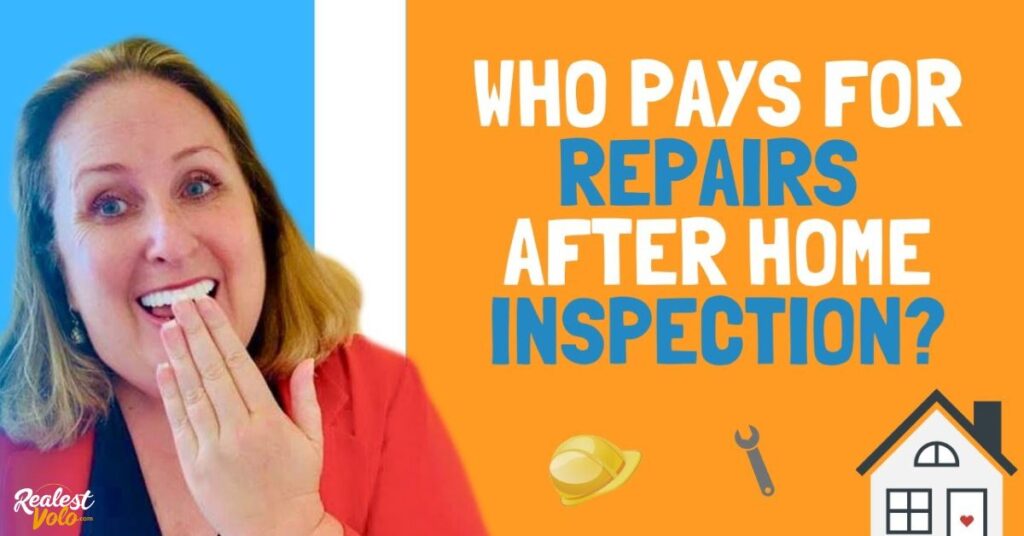
Typically, the buyer pays for the home inspection. This cost is part of the due diligence to ensure the property is in good condition before finalizing the purchase. The buyer hires the inspector and covers the fee, which can range from $200 to $500 depending on the property’s size and location. This investment helps protect the buyer’s interests in the long run.
How Has Covid-19 Impacted Home Inspections?
During the Covid-19 pandemic, home inspections have adapted to ensure safety while maintaining thoroughness. Previously, buyers often attended inspections in person, but now, social distancing guidelines have shifted this practice.
Inspectors now communicate findings via phone or email, emphasizing detailed reports and virtual walkthroughs. This change highlights the importance of clear communication post-inspection, ensuring buyers understand all aspects of their potential new home remotely.
Home Inspection Tips for Buyers
Buying a home? Consider these tips to make the most of your inspection:
- Research Inspectors: Check reviews and credentials before choosing.
- Request Sample Reports: Understand what to expect in the inspection report.
- Attend Virtually: If possible, join the inspector remotely for explanations.
- Focus on Major Components: Pay close attention to the foundation, roof, and HVAC systems.
- Ask for Repairs: Negotiate repairs or credits based on inspection findings.
Home Inspection Tips for Sellers
Preparing to sell? Follow these tips to ensure a smooth inspection process:
- Pre-Inspection: Conduct your own inspection to identify potential issues.
- Curb Appeal: Enhance the exterior to make a good first impression.
- Accessibility: Ensure easy access to major components like HVAC and electrical panels.
- Maintenance Records: Organize records to demonstrate upkeep of major systems.
- Cleanliness: Present a tidy home to reflect care and maintenance.
Frequently Asked Questions
How Long Does A Typical Home Inspection Take?
Al home inspection usually takes between two to two and a half hours, depending on the size and complexity of the property.
Can The Duration Of A Home Inspection Vary?
Yes, the duration can vary. Smaller homes or condos may take less time, while larger homes with more components can take longer.
Why Do Home Inspections Take Different Amounts Of Time?
The time varies due to factors such as the property’s size, age, and the number of systems and components that need inspection.
When Do Home Inspections Usually Occur In The Buying Process?
Home inspections generally take place after the seller has accepted an offer but before the closing of the sale, usually within seven to ten days.
How Long Does It Take To Get The Inspection Report?
Inspection reports typically take one to two days to complete after the inspection is conducted.
Final Words
Based on the details provided, it’s evident that the duration of a home inspection can vary depending on factors such as the size and complexity of the property. Typically, inspections last between two to two and a half hours. Smaller homes, such as condos, generally require less time, while larger homes with more components may extend the inspection period.
This variability underscores the importance of scheduling adequate time for this critical step in the home buying or selling process, ensuring thoroughness and clarity in evaluating the property’s condition.
